Angola is a country that not many Americans choose to visit when searching for an African destination. It's not well-known for tourism among Americans compared to countries like South Africa, Kenya, and Morocco. The reasons include high costs, a lack of direct flights from the U.S., low English proficiency among Angolans, and a general lack of awareness about Angola's tourist attractions. Many travelers are simply unwilling to go through the complications of visiting Angola when other African countries have more developed tourist infrastructure.
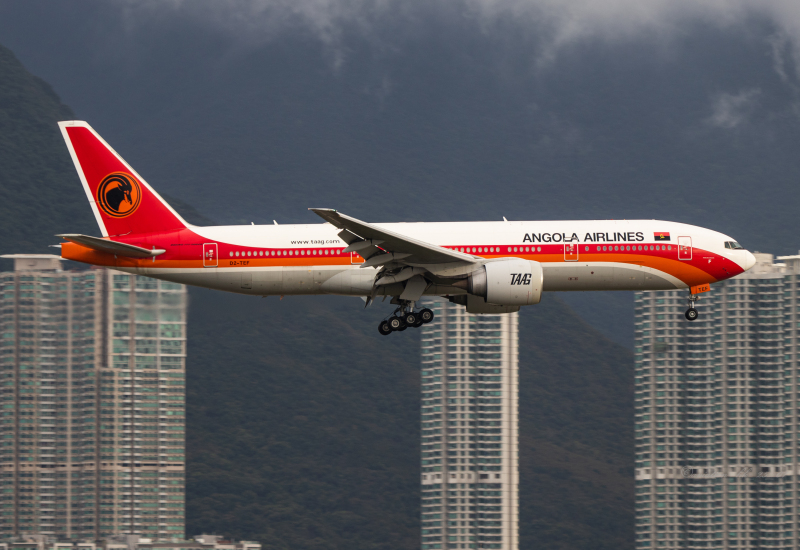
That being said, many business travelers visit Angola due to its large oil and gas industry. Petroleum products comprise over 90% of Angola's exports and caused the country to be one of the world's fastest-growing economies in the 2000s. Angola's resources convinced many multinational companies, especially oil and gas firms, to establish offices there. Business travel demand reached the point that a direct route existed between George Bush Intercontinental Airport (IAH) in Houston and Quatro de Fevereiro Airport (LAD) in Luanda for many years. We look deeper at the Houston Express route that served American passengers interested in doing business in Angola.
The Houston Express
Luanda is Angola's main entry point for international travelers and is the hub for Angola's two airlines: the state-owned flag carrier TAAG Angola Airlines and Fly Angola. The airport serves destinations across Angola, Europe, the Middle East, Latin America, and other parts of Africa. Aside from charter flights to Houston, LAD never offered nonstop flights to the U.S., whether by TAAG Angola Airlines or American carriers.
In 2000, the now-defunct American carrier World Airways launched a nonstop charter route between Houston and Luanda. This route was established because American oil companies became interested in Angola's massive oil reserves. However, traveling between the U.S. and Angola was a long and difficult process since it required a layover in Western Europe or South Africa. From a business perspective, it did not make sense to force employees to take extremely long flights, so the Houston Express was initiated to transport American workers more easily to Angola.
World Airways operated the route for the first ten years until the American cargo carrier Atlas Air took over in 2010. World Airways used an aircraft configured with additional business class seats to serve the business travellers that primarily flew on this route. Atlas Air later took over flight operations in collaboration with SonAir, the aviation division of Angola's state-owned oil company Sonangol. SonAir originally planned to offer this service, but it did not have an aircraft capable of flying such a long route.
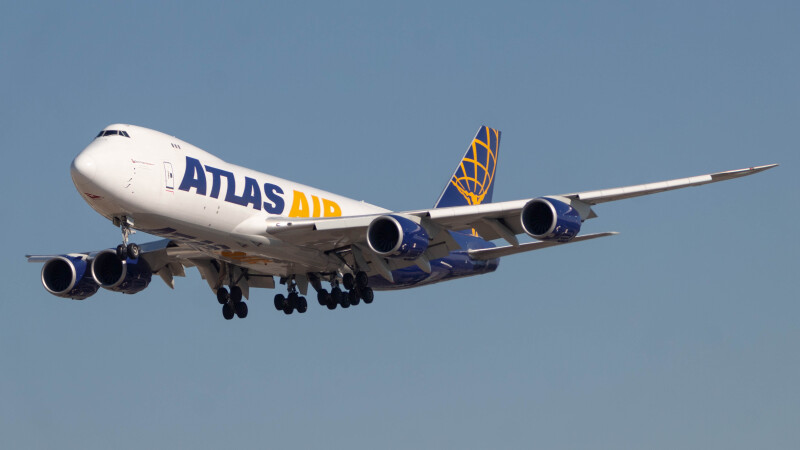
The Houston Express operated thrice weekly and covered almost 8,000 nautical miles (14,816 kilometers) in approximately 14 hours. World Airways used a McDonnell Douglas MD-11, while Atlas Air used two Boeing 747-400s on this route. The 747-400s had 36 seats in economy class, 99 in premium economy, 44 in business class, and 10 in first class. The configuration highlights how this route specifically targeted business travellers.
Houston is considered the global hub of the oil and gas industry due to Texas' oil reserves and the over 4,700 energy companies headquartered in the city. These firms saw Angola's potential for oil extraction, creating strong travel demand for oil executives and workers. The average passenger could not book a flight on this route since tickets were only distributed by the US-Africa Energy Association. The industry group handled flight arrangements for employees of its member companies. The only connection to regular travel was that passengers could earn United MileagePlus miles on this route.
That being said, the general public was allowed to fly on the Houston Express for its final year of operation. The route benefited tourists who visited neighboring countries with more developed tourism industries since they no longer had to connect in Europe. Countries such as Zambia and Namibia, famous for attractions like Victoria Falls and Sossusvlei, could now be accessed with a one-stop connection in Angola. SonAir allocated 80 of the aircraft's 189 seats for leisure travelers.
Why Did the Houston Express Shut Down?
Unfortunately, demand for U.S. business travel to Angola collapsed in the mid-2010s due to lower oil prices. Multiple global events caused oil prices to decrease from $125 per barrel in 2012 to $100 in 2014 to below $30 in 2016. Lower oil prices lead to less profitability for oil companies, which creates less of a need to send employees overseas. Tourism was also insufficient to keep the route operational since Angola's neighboring countries were still more off-the-beaten-path destinations.
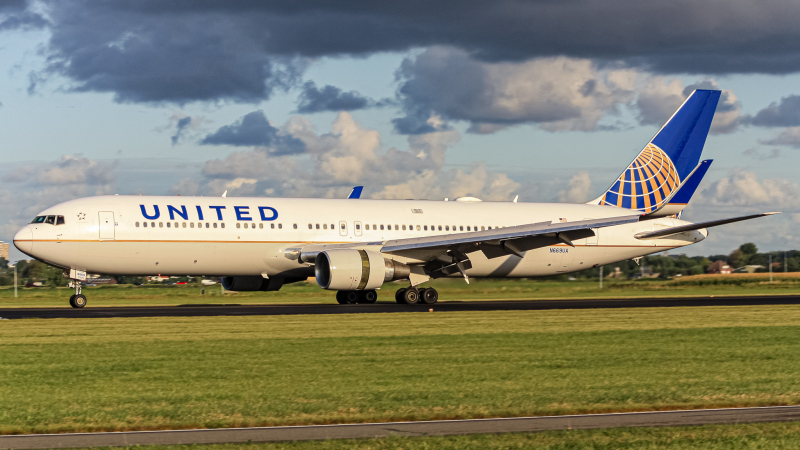
The final flight of the Houston Express flew from Houston to Luanda on March 28, 2018. SonAir canceled the service amid "financial and commercial difficulties", referring to the negative effects of lower oil prices on Angola's economy. Angola experienced a dramatic economic boom in the 2000s as oil prices rose, with the country having been one of the world's fastest-growing economies for almost a decade. Angola's economic growth was also enabled by the end of its 26-year civil war in 2002, making the country a safe destination for multinational companies to do business in. The oil price collapse of the mid-2010s ended this honeymoon and the need for the Houston Express route.
Angola has several attractions for American tourists interested in visiting a destination that is more off the beaten path. These attractions include Portuguese colonial architecture in Luanda, Kalandula Falls (which can be compared to Victoria Falls in Zambia and Zimbabwe), beaches along the Atlantic Ocean, and Iona National Park in the Namib Desert. Since there are no longer direct flights to Angola, passengers must connect through an airport in Europe or the Middle East. Major airlines such as Air France, Emirates, Lufthansa, and Qatar Airways offer one-stop connections between the U.S. and Angola with a layover in their respective hub airports.
Maldivian Airlines Introduces First-Ever Widebody Aircraft, Plans New China Flights » Could You Survive a Plane Crash? The Unlikely Science of Plane Crash Survival » Passengers Encounter Bedbug Infestation on Multiple Turkish Airlines Flights »
Comments (0)
Add Your Comment
SHARE
TAGS
STORIES Angola Houston Tourism TAAG Angola Fly AngolaRECENTLY PUBLISHED
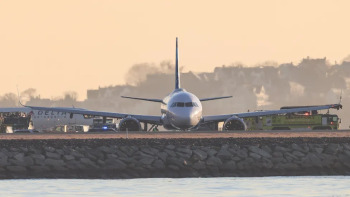 Could You Survive a Plane Crash? The Unlikely Science of Plane Crash Survival
With air travel consistently being heralded as the safest form of public transport, most of us do not board a plane pondering our chances of survival in the event of a crash. But, is it possible to survive one?
INFORMATIONAL
READ MORE »
Could You Survive a Plane Crash? The Unlikely Science of Plane Crash Survival
With air travel consistently being heralded as the safest form of public transport, most of us do not board a plane pondering our chances of survival in the event of a crash. But, is it possible to survive one?
INFORMATIONAL
READ MORE »
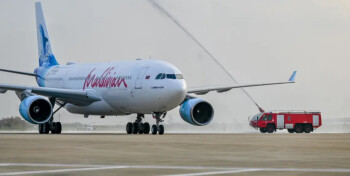 Maldivian Airlines Introduces First-Ever Widebody Aircraft, Plans New China Flights
Maldivian, the government-owned national airline of the Maldives, has just welcomed its first-ever wide body aircraft: the Airbus A330-200. With the new aircraft, the carrier also plans brand-new long haul international flights to China.
NEWS
READ MORE »
Maldivian Airlines Introduces First-Ever Widebody Aircraft, Plans New China Flights
Maldivian, the government-owned national airline of the Maldives, has just welcomed its first-ever wide body aircraft: the Airbus A330-200. With the new aircraft, the carrier also plans brand-new long haul international flights to China.
NEWS
READ MORE »
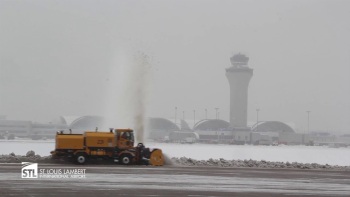 Thousands of Flights Impacted as Winter Storm Blair Hits U.S.
Winter Storm Blair has unleashed a huge blast of snow, ice, and freezing temperatures across the Central and Eastern United States.
As of Sunday afternoon, over 6,700 flights and counting have been disrupted. This includes cancelations and significant delays leaving passengers scrambling to change flights and adjust travel plans.
NEWS
READ MORE »
Thousands of Flights Impacted as Winter Storm Blair Hits U.S.
Winter Storm Blair has unleashed a huge blast of snow, ice, and freezing temperatures across the Central and Eastern United States.
As of Sunday afternoon, over 6,700 flights and counting have been disrupted. This includes cancelations and significant delays leaving passengers scrambling to change flights and adjust travel plans.
NEWS
READ MORE »





